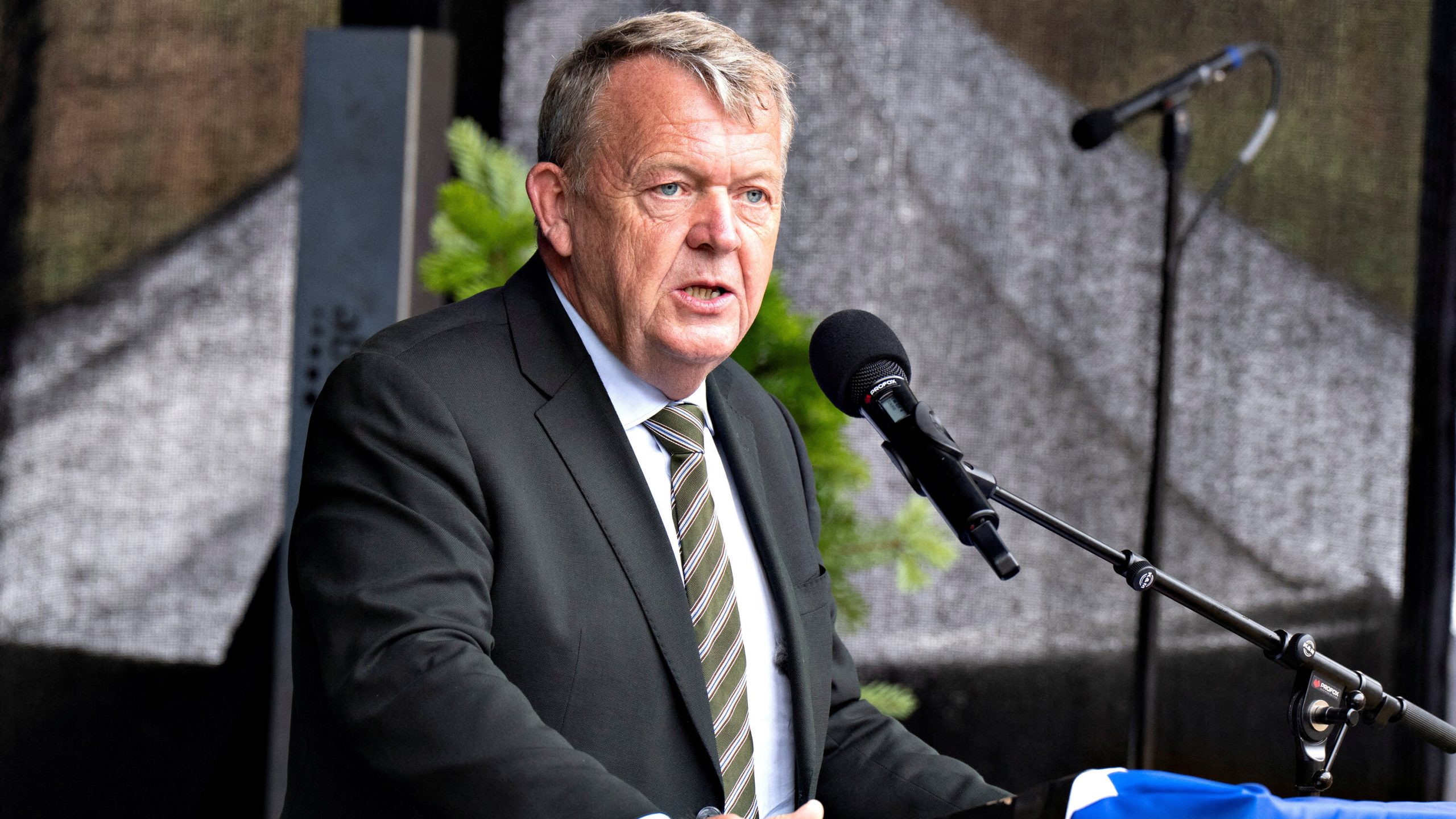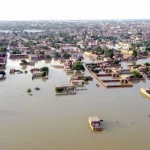Denmark has taken the unusual step of summoning the top U.S. diplomat in Copenhagen amid serious allegations that individuals connected to former President Donald Trump attempted to influence Greenlandic politics. The move has ignited international attention, raising critical questions about sovereignty, foreign interference, and Arctic geopolitics. Observers warn that this incident could reshape diplomatic relations between the United States, Denmark, and Greenland, an autonomous territory with strategic significance.
Greenland’s Geopolitical Importance
Greenland is the world’s largest island, strategically located between the Arctic and North Atlantic. While it governs most of its domestic affairs, Denmark maintains control over foreign policy and defense. Its location makes it a critical point for military strategy, especially as Arctic ice recedes and new shipping lanes emerge.
The island is also rich in untapped natural resources, including rare earth minerals, oil, and gas. These factors have made Greenland a focal point for international powers seeking influence in the Arctic. Former President Trump’s previously publicized interest in purchasing Greenland, which Denmark firmly rejected, underscored the geopolitical stakes involved.
Experts note that Greenland’s autonomy combined with Denmark’s oversight creates a delicate balance. Any attempts at covert political influence risk undermining this relationship and could provoke diplomatic repercussions.
Alleged Influence Operations
Reports indicate that at least three U.S. citizens with ties to the Trump administration engaged in activities aimed at swaying Greenlandic politics. These operations allegedly included:
Compiling lists of local politicians and public figures supportive of U.S. interests.
Engaging with Greenlandic businesses and officials to influence economic or political decisions.
Identifying events or incidents that could be portrayed negatively about Denmark in international media.
The Danish government described these actions as “unacceptable interference” and warned that any attempts to manipulate the political landscape of a friendly country cannot be tolerated. Danish officials emphasized that the territory’s sovereignty must remain inviolate.
Denmark’s Diplomatic Response
In response to these allegations, Denmark summoned the U.S. chargé d’affaires, Mark Stroh, for an urgent meeting at the Ministry of Foreign Affairs in Copenhagen. During this meeting, Danish officials demanded clarity regarding the reported activities and expressed concerns about the broader implications for bilateral relations.
The Danish Security and Intelligence Service (PET) also confirmed that Greenland’s strategic significance makes it a target for foreign interest. PET officials stated that monitoring and countering potential influence operations is a top priority to safeguard national and territorial integrity.
Foreign Minister Lars Løkke Rasmussen stated, “Denmark does not spy on friends, and we do not tolerate actions that undermine the sovereignty of our territories. We expect full transparency from our allies.”
International Reactions
The alleged interference has drawn global attention. European nations have voiced concern, highlighting the risks of foreign meddling in internal affairs. NATO allies also emphasized the importance of respecting the sovereignty of member states and their territories.
The U.S. has yet to issue a detailed public response, though officials have acknowledged that Denmark’s concerns are being taken seriously. Analysts suggest that the diplomatic fallout could affect U.S.-Denmark relations and the broader strategic positioning in the Arctic.
Greenlandic Perspective
Public sentiment in Greenland strongly favors maintaining autonomy. Surveys indicate that over 80% of Greenlanders reject any form of foreign control or annexation. Greenlandic politicians have echoed these sentiments, emphasizing the importance of self-determination and cautioning against foreign influence in local decision-making processes.
Local media has also highlighted the potential dangers of external political operations, warning that any attempts to sway public opinion could erode trust in democratic institutions. Greenlandic authorities have stressed cooperation with Denmark in safeguarding the territory’s political integrity.
Implications for U.S.-Denmark Relations
The incident has put U.S.-Denmark relations under scrutiny. While the two nations have historically maintained close ties, the allegations of interference risk creating tension. Analysts warn that unresolved disputes over Greenland could complicate future cooperation on defense, trade, and Arctic policy.
Experts also note that the situation may prompt Denmark to review its diplomatic protocols and strengthen oversight mechanisms in Greenland to prevent similar incidents. This could include enhanced monitoring of foreign political activity, stricter rules on lobbying, and more robust intelligence sharing between Danish authorities and Greenlandic governance.
Broader Geopolitical Consequences
Greenland’s location and resources make it a key player in Arctic geopolitics. The alleged U.S. influence efforts could embolden other international actors to seek similar leverage in the region. Countries such as China and Russia have increased their interest in the Arctic, and any sign of weakened governance or foreign interference could provide an opportunity to expand influence.
Analysts argue that the incident underscores the need for international norms and safeguards to prevent interference in autonomous regions with strategic significance. Diplomatic transparency and adherence to international law are critical to maintaining stability in the Arctic and avoiding conflicts over territorial sovereignty.
Expert Opinions
Dr. Anne Kristensen, a professor of international relations specializing in Arctic politics, commented:
“Greenland is not only strategically important but also symbolically significant. Any foreign interference, even covertly, undermines the trust that exists between Denmark and its autonomous territory. This is a serious diplomatic concern.”
John Peterson, a former U.S. diplomat, added:
“While the U.S. maintains global influence, it must respect the sovereignty of its allies. Any perception of covert interference risks not only bilateral relationships but also America’s broader reputation as a reliable partner.”
FAQs
What is Greenland’s political status?
Greenland is an autonomous territory within the Kingdom of Denmark. While it manages most domestic affairs, Denmark controls foreign policy and defense.
Why is Greenland strategically important?
Its location in the Arctic makes Greenland a critical point for military strategy and international shipping routes. Additionally, it has abundant natural resources, including minerals, oil, and gas.
What were the allegations against U.S. citizens?
They were accused of attempting to influence Greenlandic politics by engaging with local politicians, compiling lists of supporters, and promoting narratives favorable to U.S. interests.
How has Denmark responded?
Denmark summoned the U.S. diplomat in Copenhagen, demanded clarification, and emphasized the protection of Greenland’s sovereignty. Intelligence agencies are monitoring potential influence operations.
What could be the international implications?
The incident could strain U.S.-Denmark relations, invite attention from other global powers, and influence policies regarding territorial sovereignty in the Arctic.
Conclusion:
The summoning of the top U.S. diplomat by Denmark highlights the delicate nature of international diplomacy in an era of global competition. Greenland’s autonomy, strategic location, and resource wealth make it a sensitive focal point for foreign influence.
Denmark’s firm stance demonstrates a commitment to protecting sovereignty and ensuring that the internal affairs of its territories are free from external manipulation. The situation also sends a broader message about the importance of transparency, diplomacy, and respect for international norms in maintaining stable global relations.
As diplomatic discussions continue, the world will be watching closely. The outcome could shape not only U.S.-Denmark relations but also the broader geopolitical landscape of the Arctic, a region increasingly central to global strategy.











